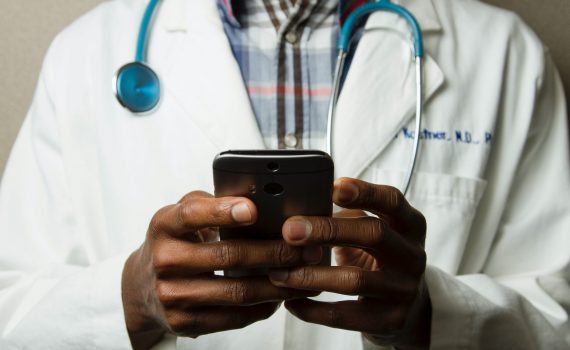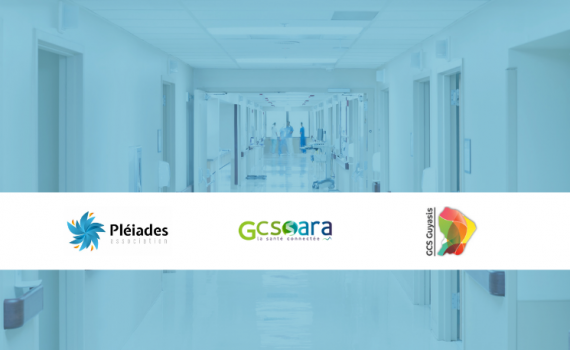E-health: supporting the digitalisation of the medical and hospital sector
Discover our complete solution to support the different actors of the sector
Discover our offer
Discover Coexya Health
Personalised digital solutions for patients and healthcare professionals
Odycare, Care pathway & coordination
A complete e-health solution to facilitate communication and care coordination
Patient record with lifeline, liaison book, diary, tasks, etc.
Notifications for real-time alerts
Patient portal
Agopra, Coordination of gynaecological and perinatal care
A turnkey system
Web-based software with guaranteed security and interoperability
Comprehensive content and features tailored to your needs
Geolocation and e-Pancard
Odymine, 360° patient vision & personalised medicine
Real-life data management (RWD) in oncology
Centralisation, patient identification and treatment evaluation
Collection, consolidation and sharing of existing data in a local warehouse
Identification of patients in cohorts
Oncoplace and Patientplace, Data Management & Clinical Studies
Collect, share and analyse your imaging data
Tools for imaging review and quality assurance of radiotherapy plans
Customised workflow between investigators, sponsors and experts
Management of Patient Reported Outcomes (PROMs)
Artiscan, Analyse and centralise your machine quality control data
For your equipment (CT, MRI, PET, radiotherapy)
Over 50 test objects supported
For all types of organisation and needs
Automate and centralise all your quality control data
Digitisation is one of the key drivers for transforming the healthcare system
With an ageing population, financial pressures and a system that is running out of steam, the healthcare sector needs to reinvent itself to meet these new challenges, both in terms of the care offered to patients and the services provided by professionals.
Teleconsultation and telemedicine, connected devices, transformation of information systems, preventive and predictive medicine – tomorrow’s healthcare will involve the use of IT, digital technology and artificial intelligence.

Coexya, a major player in the deployment and acceleration of digital health
Coexya operates in the healthcare sector as a software integrator and publisher.
We develop ergonomic, customised solutions that facilitate use in the fields of care coordination, patient orientation and health data enhancement.
Care coordination and telemedicine solutions, digital platforms and data exploitation
Deploy a telemedicine solution to facilitate communication and coordination between professionals, digitise the patient’s journey and secure exchanges.
In order to improve patient care, we facilitate the coordination of health actors by :
- Allowing them to communicate in a simple, fast and secure way. To do this, we offer intuitive, ergonomic health messaging systems. We integrate repositories that make it easy to identify healthcare professionals and patients.
- Offering coordination solutions, such as Odycare, to structure exchanges around a patient file, thanks to the functionalities of circle of care, alerts, forms, shared documents…
Healthcare professionals also want to offer new services to their patients, who are more involved in their care: patient portal, teleconsultation, therapeutic education, referrals to specialised structures, etc.
We offer you :
- Turnkey solutions to meet these e-health needs.
- An software suite Odycare dedicated to care coordination and telemedicine.
- A Patient Place platform for collecting patient quality of life data.
The advantages of our solutions :
- Simple and intuitive
- Compliance with national standards and the recommendations of the Agence du Numérique en Santé
- Patient data stored in France by a Health Data Host (HDS)
Data processing: exchanging, communicating, processing and analysing healthcare data securely and in compliance with current standards.
We develop interfaces, search engines and multi-terminology servers to exploit and add value to healthcare data, including medical imaging and radiotherapy data such as DICOM & DICOM RT. Big Data and Artificial Intelligence technologies make it possible to collect information from a variety of sources in order to structure it, add value to it for decision-making purposes and analyse it for clinical trials or quality control of multicentre cohorts.
To do this, we have expertise based on several pillars:
- Healthcare repositories:
In France, there are more than 300 hospital software publishers (source: Anap). In order for these software packages to be able to communicate with each other, i.e. to be interoperable, it is essential to use basic repositories.
We have developed unique experience in healthcare repositories:

– About a healthcare professional: The repository of healthcare professionals (SP) lists all the healthcare players in a region. It enables healthcare professionals and medico-social professionals to be identified with certainty.
– Patients: patient reconciliation and identity servers provide unique regional identification of patients, which is essential for exchanging medical information.
– Around health/social structures: The operational directory of resources (ROR) describes the range of care services available in a region. It is the source repository detailing the medical structures and organisations in a region.
- Interoperability :
This is the ability to enable information systems to communicate according to national and international standards. Thanks to a common technical and semantic language, applications can exchange and share data in complete security.
This common language includes the use of reference terminologies (SNOMED, ICD-10, CCAM, Mesh, Loinc, DICOM, etc.) and their structuring. Applications can then exchange information intelligently and comprehensibly, without human interaction. We have unique expertise in this field, including implementation of the Consore project and the Onco place platform.
- NLP (Natural Language Processing):
The data indexing chain now includes advanced components:
– Text analysis (natural language processing)
– Content classification (machine learning models)
– Detection of similar documents
This advanced processing gives data processing platforms a new level of intelligence for extracting useful information from simple text.
- Multicentre studies:
In multicentre studies or retrospective cohorts, the collection and structuring of data is a major challenge in advancing research and accelerating the adoption of innovations for patients.
The management and analysis of all this data (clinical, imaging, treatment, genetic, etc.), combined with patient follow-up, is a skill that has been mastered for many years in oncology clinical trials. Our Onco Place web platform is currently used in more than 100 international studies in compliance with good clinical practice and the GDPR.
- How can health data be used?
– Obtaining a 360° overview of the patient by gathering, structuring and communicating the information contained in medical reports, in order to help decision-making on the choice of treatment.
– Implementing solutions that encourage the sharing and exchange of data between the various public and private players.
– For professionals, a single point of access to the various healthcare applications in their region.
– For patients, helping to advance clinical research by collecting, standardising and analysing health data.
We develop application solutions dedicated to healthcare issues
Odycare, facilitating communication and care coordination
Odycare is a comprehensive e-health solution designed to improve communication between healthcare professionals and streamline patient care. With centralised, real-time access to patient records, Odycare promotes efficient, secure care coordination.
Features :
- Patient record with lifeline, liaison book, diary and tasks
- Real-time notifications
- Patient portal for personalised monitoring
Use case :
- Regional care coordination
- Remote monitoring of patients after hospitalisation
- Cancer patient pathways
- Mental health care pathways
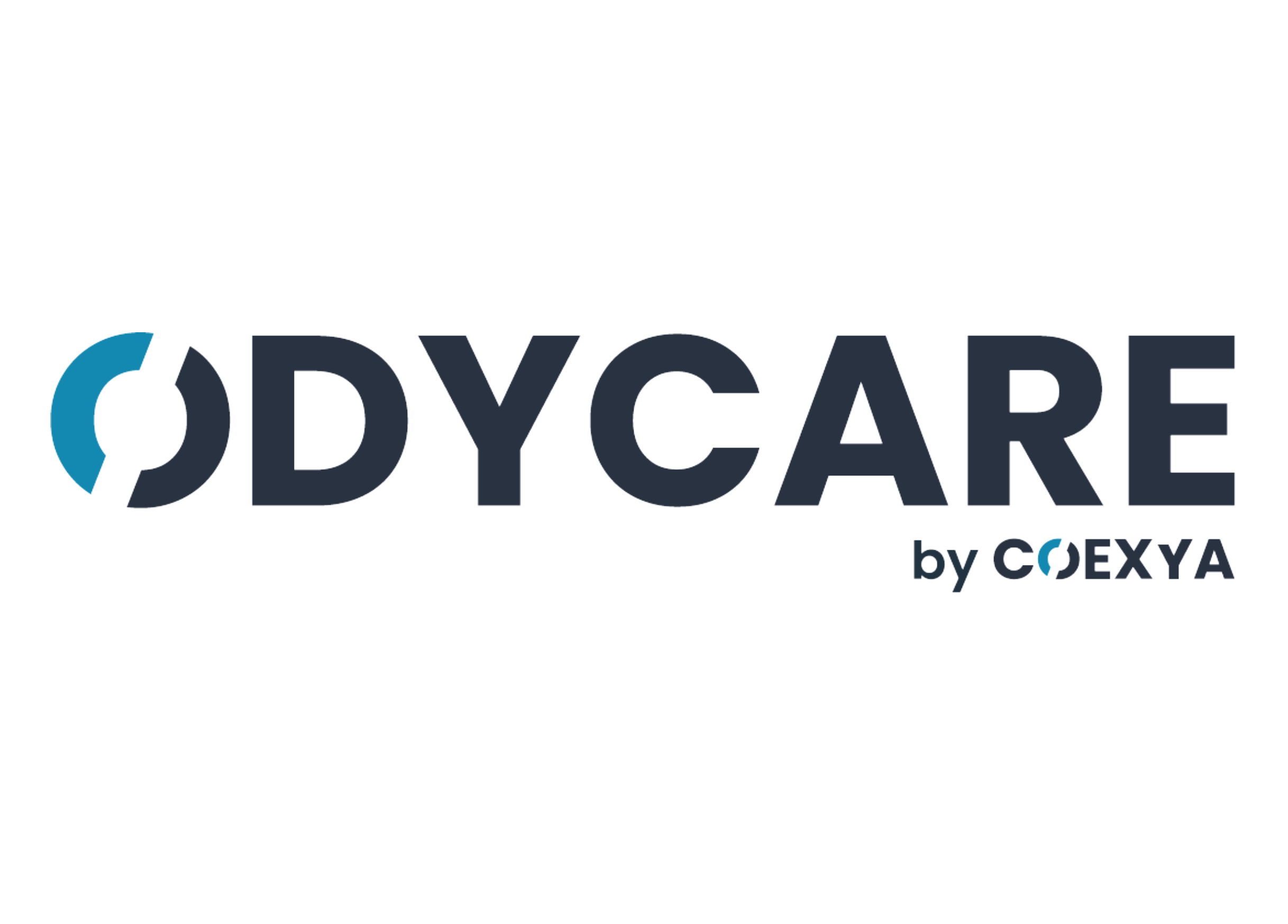
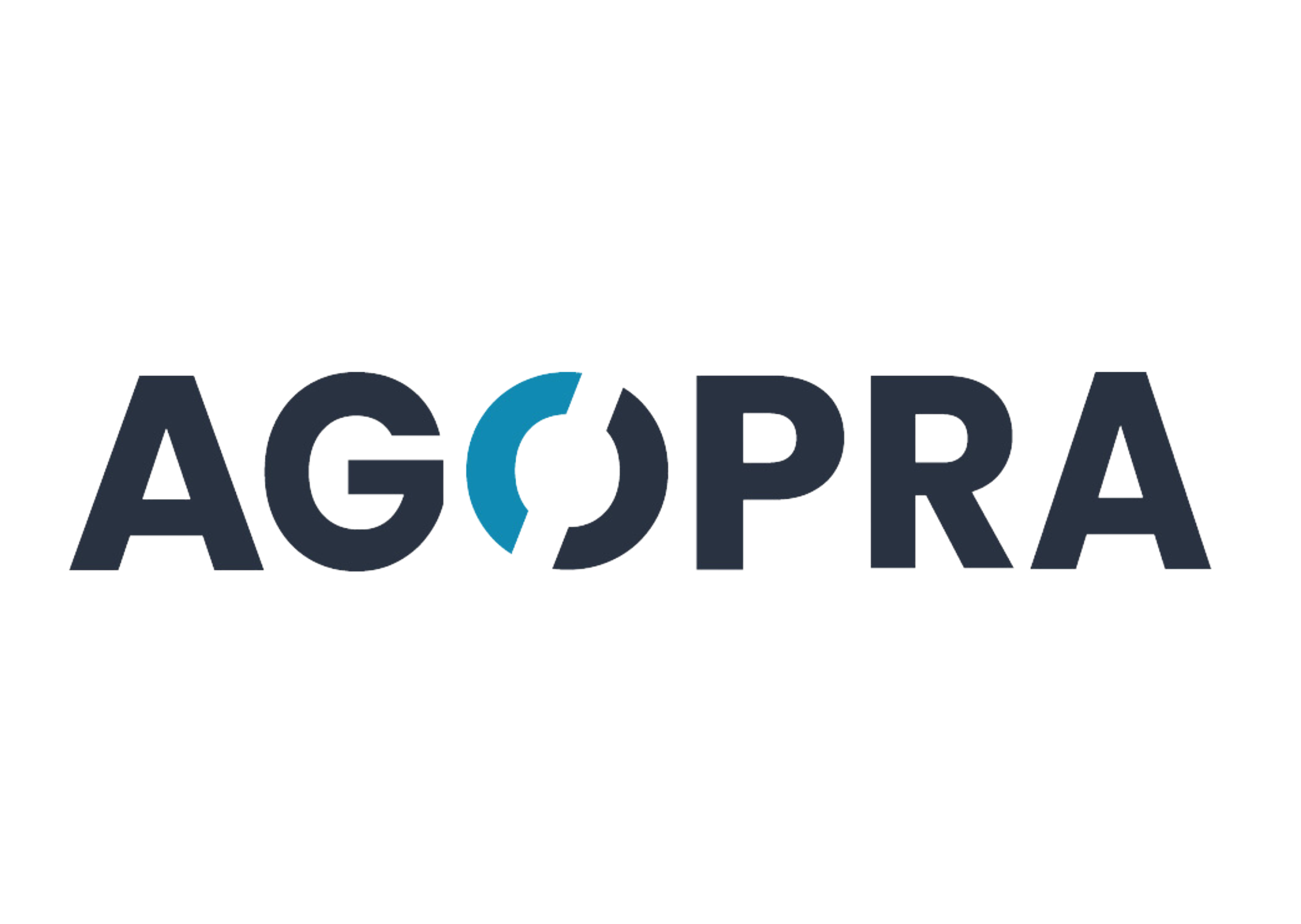
Agopra, a complete solution for coordinating perinatal care
Agopra is designed to meet the specific needs of perinatal care professionals, offering integrated, secure and interoperable care management for optimal patient follow-up and seamless coordination between the various healthcare players.
Features and use :
- Coordination of gynaecological and obstetric care: consultation, hospitalisation, ultrasound and orthopaedics.
- Monitoring newborn babies: in the maternity unit, intensive care unit and neonatal intensive care unit.
- Automation and standardisation:
o Register of births, transfers and hospitalisations.
o Alert system and automated coding (PMSI and CCAM). - Data management and exploitation: Automatic calculation of perinatal indicators and exploitation of data for advanced analyses.
Odymine , 360° vision of the patient and personalised medicine
Odymine is revolutionising the management of real-life data (RWD) in oncology. It centralises data, creates cohorts and evaluates treatments, meeting the needs of medical centres and the pharmaceutical industry.
Features :
- Data collection and consolidation in a local warehouse
- Data extraction via NLP (Natural Language Processing)
- Identification of patients in cohorts
- Data analysis including medical imaging and radiotherapy
- Controlled sharing of multi-centre information
Use Case :
- Internal analysis of clinical results
- Post-market clinical evaluations
- Collaboration through data sharing
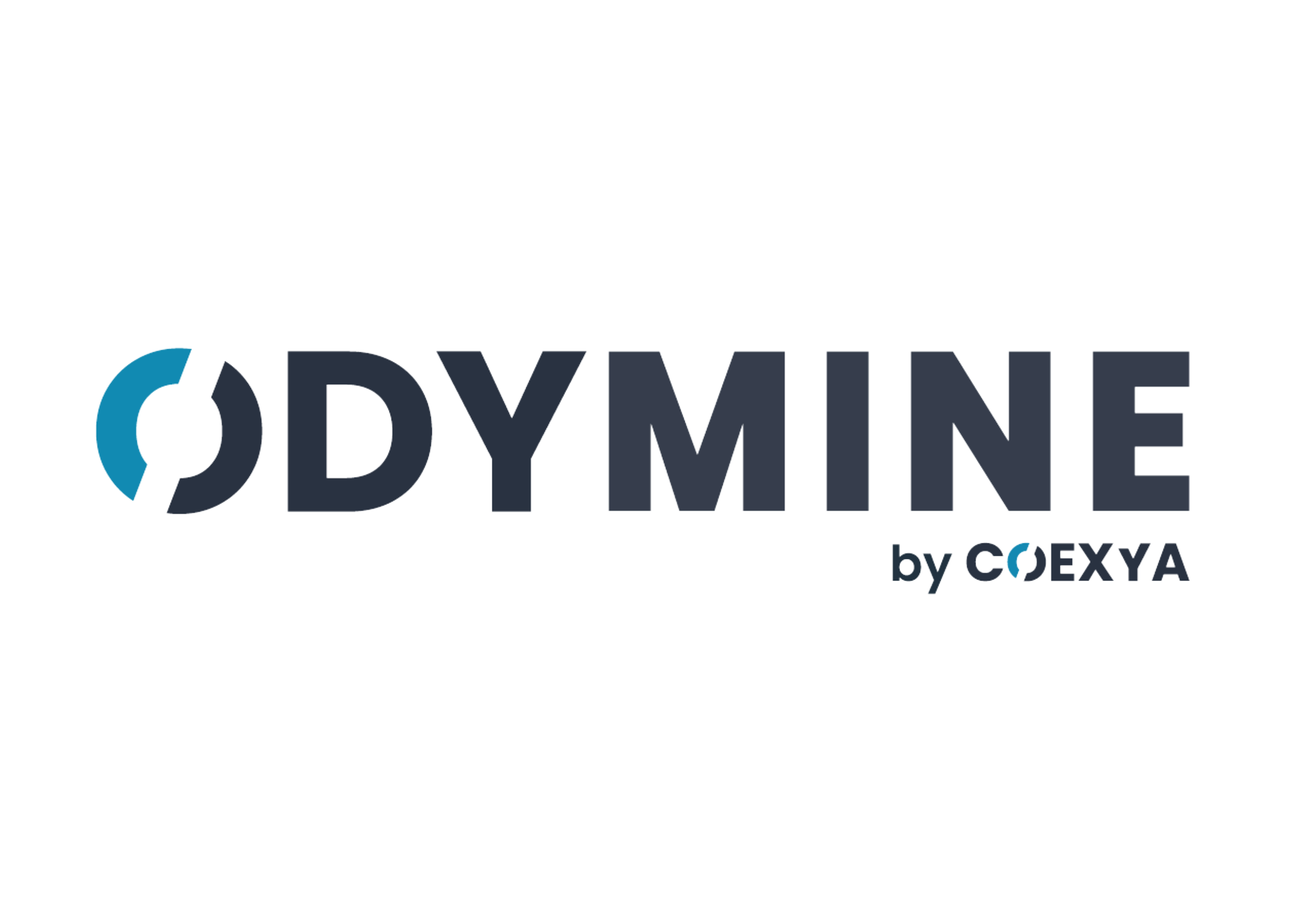
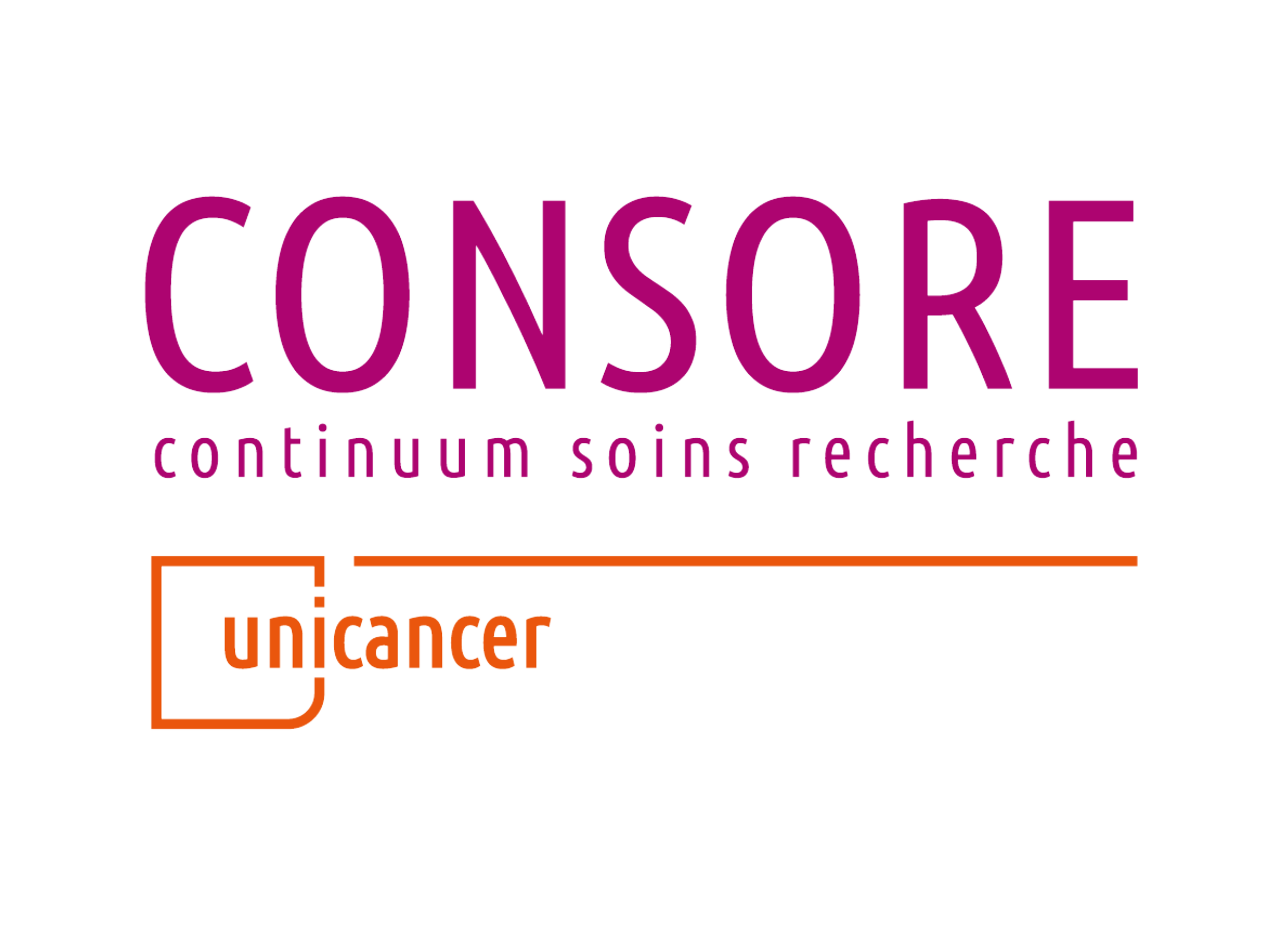
Consore, the search engine dedicated to oncology
Coexya and Unicancer are co-developing a platform that automatically aggregates and structures patient data, enabling the creation of cohorts sharing common characteristics.
The platform enables medical data – structured data and textual content – to be enhanced and accessed easily from a single interface.
Structured data, which is generally fragmented, is enriched by analysing and processing unstructured data, such as medical reports, which contain the majority of patient information.
Achievements:
- Requirements gathering,
- Architecture and design,
- Integration of the solution (recovery of data – configuration of connectors, coupling of data, taking into account differences in information systems between CLCCs),
- Setting up standardised repositories,
- Data processing (standardisation, language analysis, semantic enrichment),
- Data indexing at the level of each centre,
- Implementation of a local search portal,
- Extending research to other centres.
Onco Place, optimising clinical trials by efficiently sharing and analysing data
Onco Place is an all-in-one platform designed for sharing and analysing imaging and radiotherapy data in clinical trials. It connects to ePRO Patient Place for the collection of quality of life questionnaires and to the study’s eCRF.
Features :
- Customised workflow between investigators, sponsors and experts
- Collection and pseudonymisation of DICOM/DICOM RT data
- Centralised review of imaging and radiotherapy plans
- Connection to eCRFs for access to all data
Use case :
- Centralisation and sharing of medical imaging data
- Radiotherapy quality control and centralised imaging review
- Automated analysis of collected data
- Management of PROMs (Patient Reported Outcome Measures)
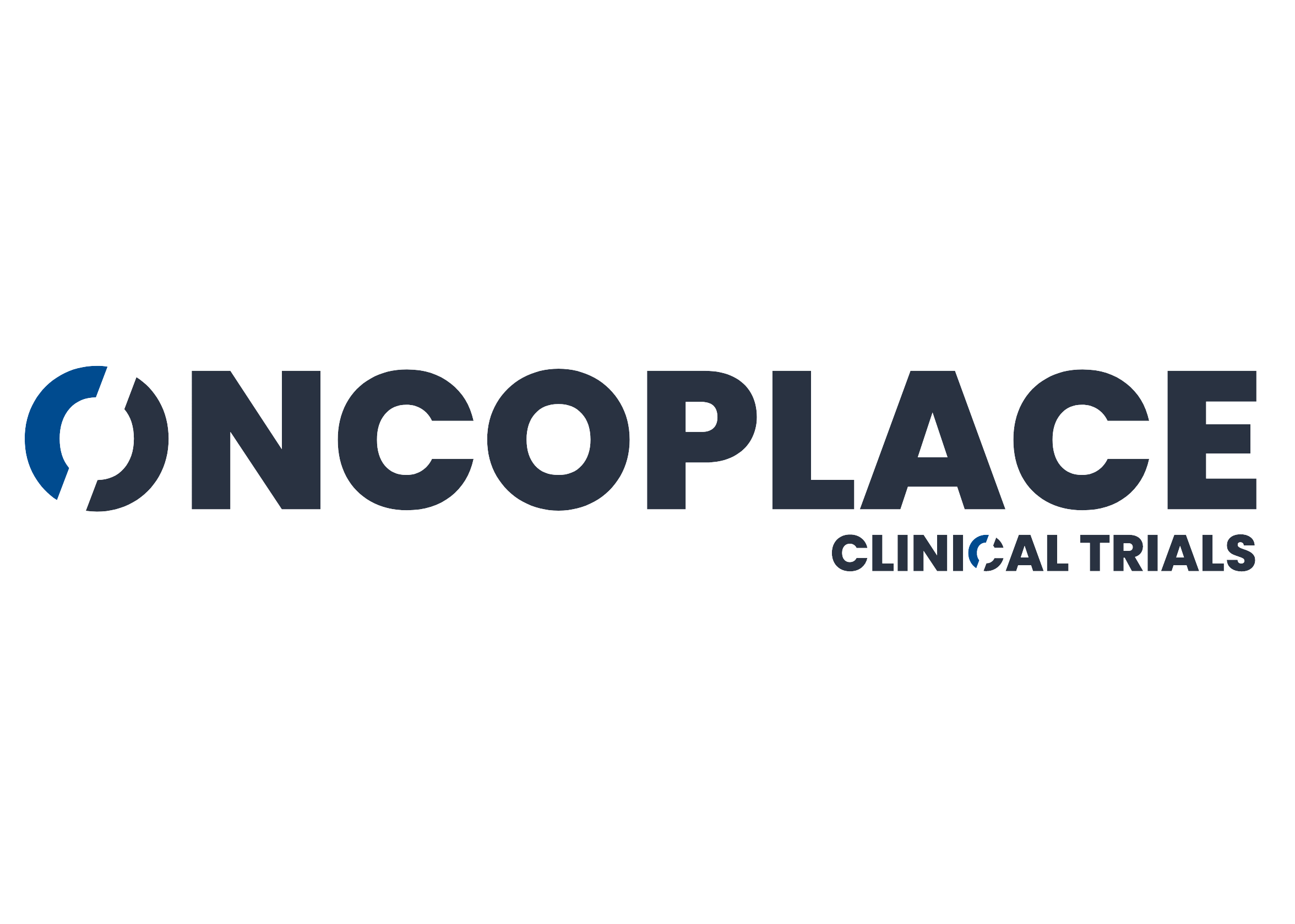
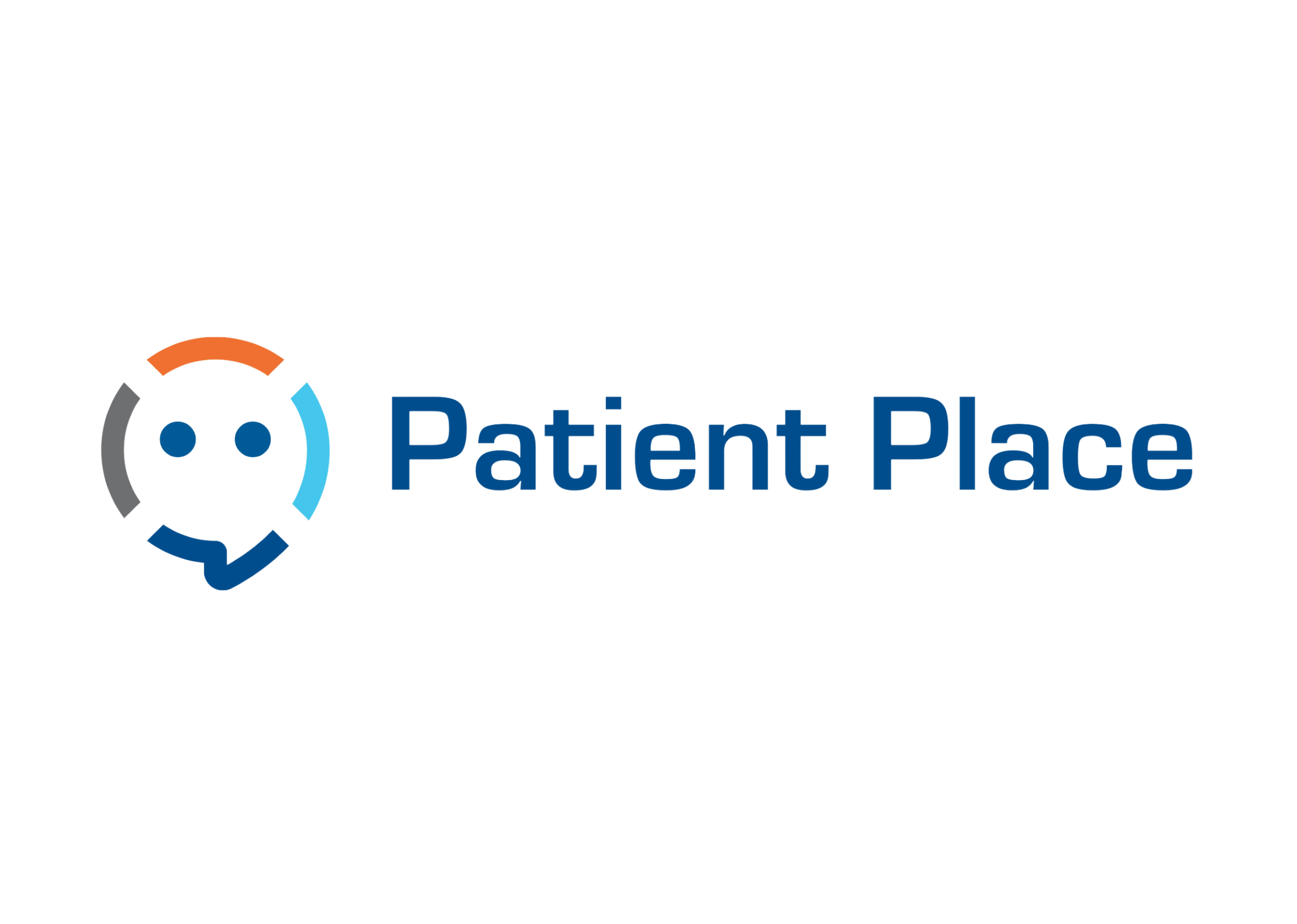
Patient Place, putting patients at the heart of treatment
Patient Place enhances understanding of patients’ needs and feelings by integrating their feedback into the care process. This solution makes it possible to personalise treatments even further, based on real data.
Use case:
- Collection of patient quality of life questionnaires
- Integration of patient feedback to refine care
- Continuous improvement of patient pathways
Artiscan, ensuring the quality and monitoring of medical imaging equipment
Artiscan is designed for standardised, automated analysis of data from different medical equipment manufacturers. This solution guarantees extensive compatibility and standardisation of the quality controls carried out.
Features:
- Centralisation of quality control data
- Inspection planning and user management
- Automated analysis of test object images using DICOM and DICOM RT information
- Traceability, reporting and archiving of tests and results
Use Case:
- Centralisation and automation of quality controls for all equipment
- Compliance with standards and regulations (ANSM)
- Optimisation of equipment use
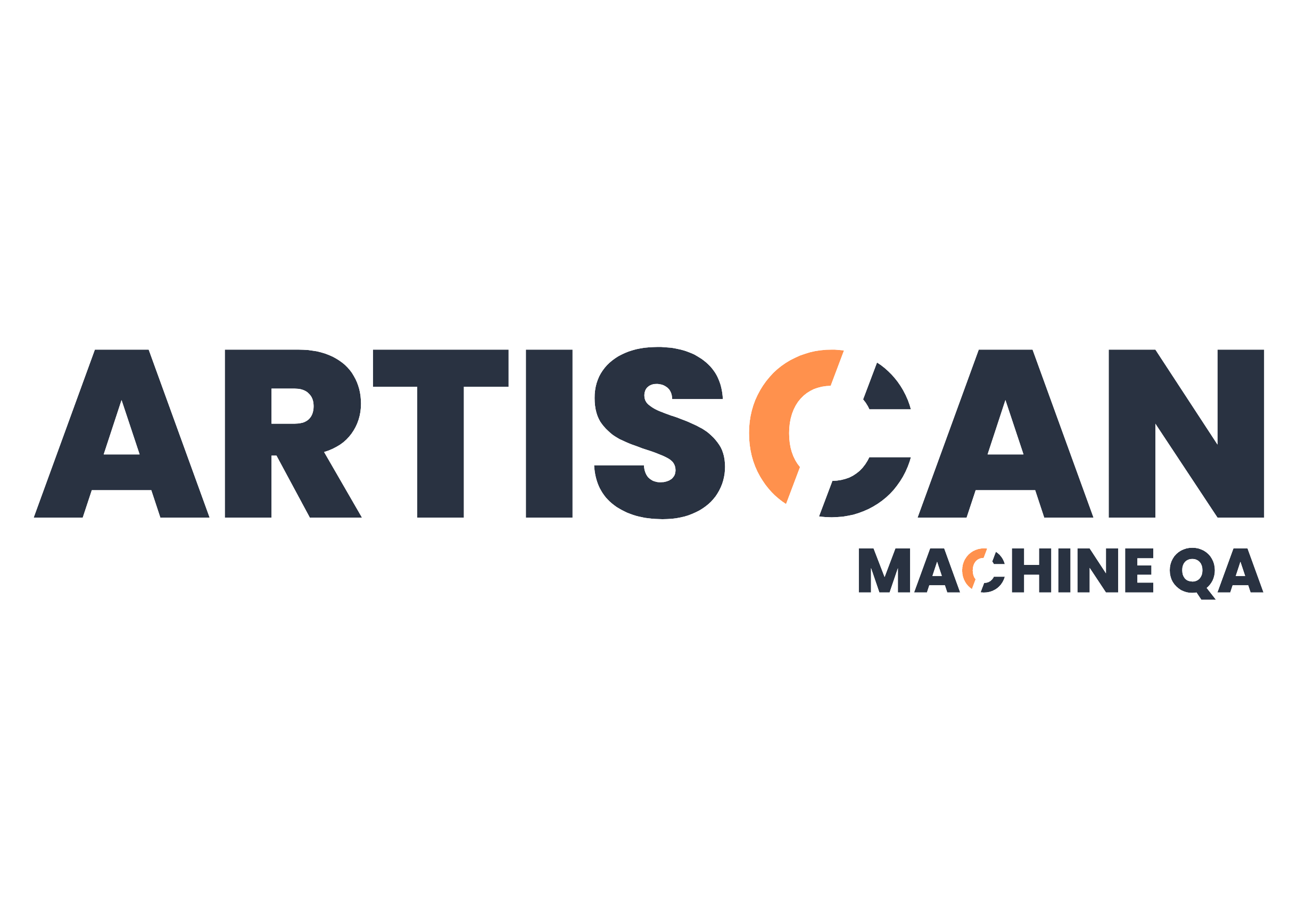
Coexya, a global offering to support all healthcare players
Coexya has a pool of 100 employees who are experts in the field and dedicated to our healthcare projects: healthcare consultants, project directors, project managers, technical architects, developers, etc.
Our sector expertise enables us to support several types of customer: national and regional healthcare players, Unicancer centres, public health establishments and private sector players.


